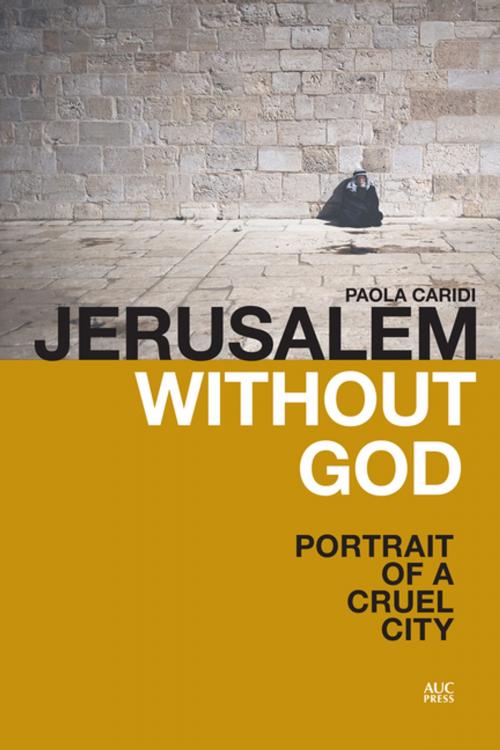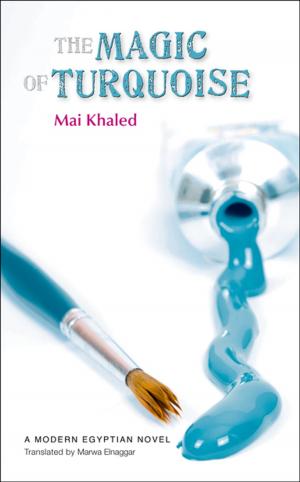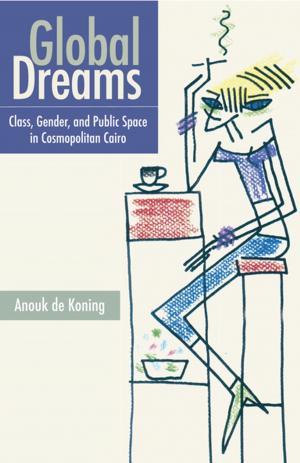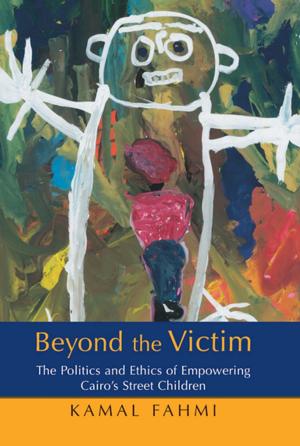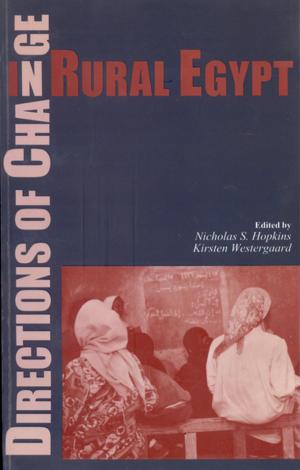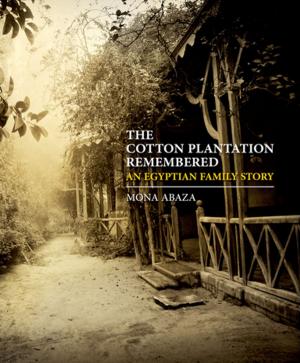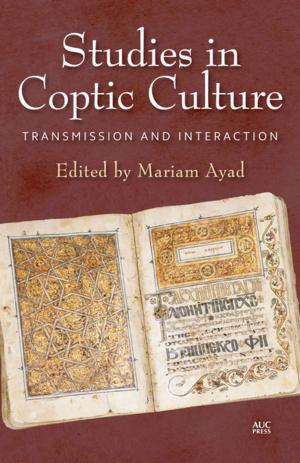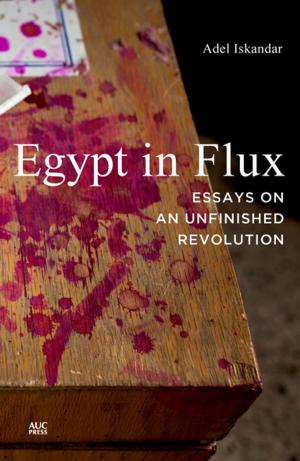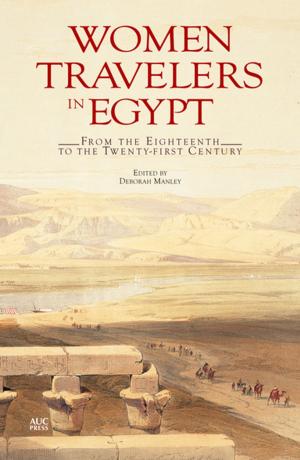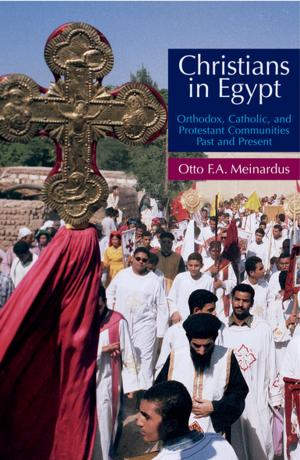Jerusalem without God
Portrait of a Cruel City
Nonfiction, Social & Cultural Studies, Political Science, Social Science, History| Author: | Paola Caridi | ISBN: | 9781617977992 |
| Publisher: | The American University in Cairo Press | Publication: | June 15, 2017 |
| Imprint: | The American University in Cairo Press | Language: | English |
| Author: | Paola Caridi |
| ISBN: | 9781617977992 |
| Publisher: | The American University in Cairo Press |
| Publication: | June 15, 2017 |
| Imprint: | The American University in Cairo Press |
| Language: | English |
There is no escaping the Jerusalem of the religious imagination. Not once but three times holy, its overwhelming spiritual significance looms large over the city's complex urban landscape and the diurnal rhythms and struggles that make up its earthbound existence. Nonetheless, writes Paola Caridi, in this intimate and hard-hitting portrayal of the city, it is possible to close one's eyes and, "like the blind listening to sounds," discern the conflict and plurality of belonging that mark out the city' secular character. Jerusalem without God leads the reader through the streets, malls, suburbs, traffic jams, and squares of Jerusalem's present moment, into the daily lives of the men and women who inhabit it. Caridi brings contemporary Jerusalem alive by describing it as a place of sights and senses, sounds and smells, but she also shows us a city riven by the harsh asymmetry of power and control embodied in its lines, limits, walls, and borders. She explores a cruel city, where Israeli and Palestinian civilians sometimes spend hours in the same supermarkets, only to return to the confines of their respective districts, invisible to each other; a city memorable for its ancient stones and shimmering sunsets but dotted with Israeli checkpoints, "postmodern drawbridges," that control the movement of people, ideas, and potential attackers. Describing Jerusalem through the lenses of urban planners and politicians, anthropologists and archaeologists, advertisers and scholars, Jerusalem without God reveals a city that is as diverse as it is complex, and ultimately, argues its author, one whose destiny cannot be tied to any single religious faith, tradition, or political ideology.
There is no escaping the Jerusalem of the religious imagination. Not once but three times holy, its overwhelming spiritual significance looms large over the city's complex urban landscape and the diurnal rhythms and struggles that make up its earthbound existence. Nonetheless, writes Paola Caridi, in this intimate and hard-hitting portrayal of the city, it is possible to close one's eyes and, "like the blind listening to sounds," discern the conflict and plurality of belonging that mark out the city' secular character. Jerusalem without God leads the reader through the streets, malls, suburbs, traffic jams, and squares of Jerusalem's present moment, into the daily lives of the men and women who inhabit it. Caridi brings contemporary Jerusalem alive by describing it as a place of sights and senses, sounds and smells, but she also shows us a city riven by the harsh asymmetry of power and control embodied in its lines, limits, walls, and borders. She explores a cruel city, where Israeli and Palestinian civilians sometimes spend hours in the same supermarkets, only to return to the confines of their respective districts, invisible to each other; a city memorable for its ancient stones and shimmering sunsets but dotted with Israeli checkpoints, "postmodern drawbridges," that control the movement of people, ideas, and potential attackers. Describing Jerusalem through the lenses of urban planners and politicians, anthropologists and archaeologists, advertisers and scholars, Jerusalem without God reveals a city that is as diverse as it is complex, and ultimately, argues its author, one whose destiny cannot be tied to any single religious faith, tradition, or political ideology.
